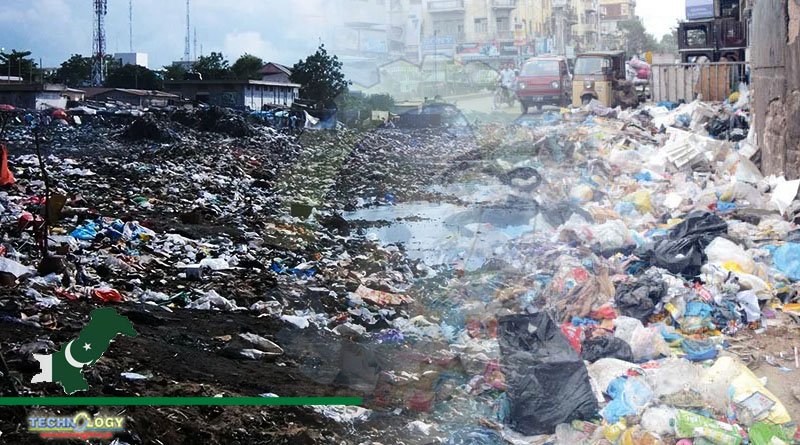Environmental factors contribute to a variety of mental health issues, including irritation, stress, and depression, as well as difficulty breathing.

The city of Hyderabad requires an effective solid waste management plan, and citizen participation is critical to making such a scheme sustainable.
This was shared on the first day of a four-day workshop on environmental sustainability and human health management of youth in solid waste management plan hosted by the Sindh Community Foundation in collaboration with AstraZeneca as part of its Step-Up health programme.
On the first day of the workshop, speakers included Dr. Eshwar Das, a psychiatrist; Dr. Safar Koraee, an environmental expert from the Institute of Environment Engineering at the University of Mehran in Jamahoro; Professor Ismael Kumbhar of Sindh Agriculture University; and Javed Soz, a civil society environmental and climate activist.
Javed Soz of the Sindh Community Foundation believes that improving people’s and the environment’s health in various areas of Hyderabad is essential. Poor waste management has increased air pollution, negatively impacting human and environmental health, particularly in urban areas. As a result, youth-led activism and advocacy to improve environmental health for young people’s mental health are required.
He informed participants about the project Youth Actions for Improving Human and Environmental Health and Waste Management, which will engage young people to lead awareness campaigns and advocate waste management at the community and local authority levels in their respective areas in order to improve physical and mental health.
Dr. Eshwar Das led a discussion on the impact of poor waste management practises on mental health, arguing that a better environment has a positive impact on mental health while poor waste management has a negative impact.
Environmental factors contribute to a variety of mental health issues, including irritation, stress, and depression, as well as difficulty breathing. He stated that while mental health issues are rarely addressed properly, environmental degradation exacerbates general and mental health problems.
According to Dr. Safar Koraee, the key factors contributing to Hyderabad’s deteriorating environment are its increased population, poor waste management practises, and a lack of municipal service coverage for solid waste management collection.
He stated that the city of Hyderabad generates 2000 tonnes of solid waste management on a daily basis, but only 20% of the waste is collected by municipal services, leaving 80% open waste to threaten the environment and biodiversity.
The excessive use of plastic has been identified as one of the major causes of urban floods in many areas of the city, as plastic bags clogged draining lines and water remained in streets and people’s homes for approximately 10 days, negatively impacting human lives. Engineered landfill sites, he says, must be established. He stated that waste-to-energy interventions must be initiated by both the public and private sectors.
Dr. Ismael Kumbhar believes that environmental issues are becoming core issues and a threat to development because they are not prioritised in policies and addressed adequately. According to him, agro-environmental entrepreneurship can also play an active role in waste reduction. He advocated for people-centered solid waste management policies. The workshop includes 30 male and female participants from various locations in Hyderabad, as well as university students.
.